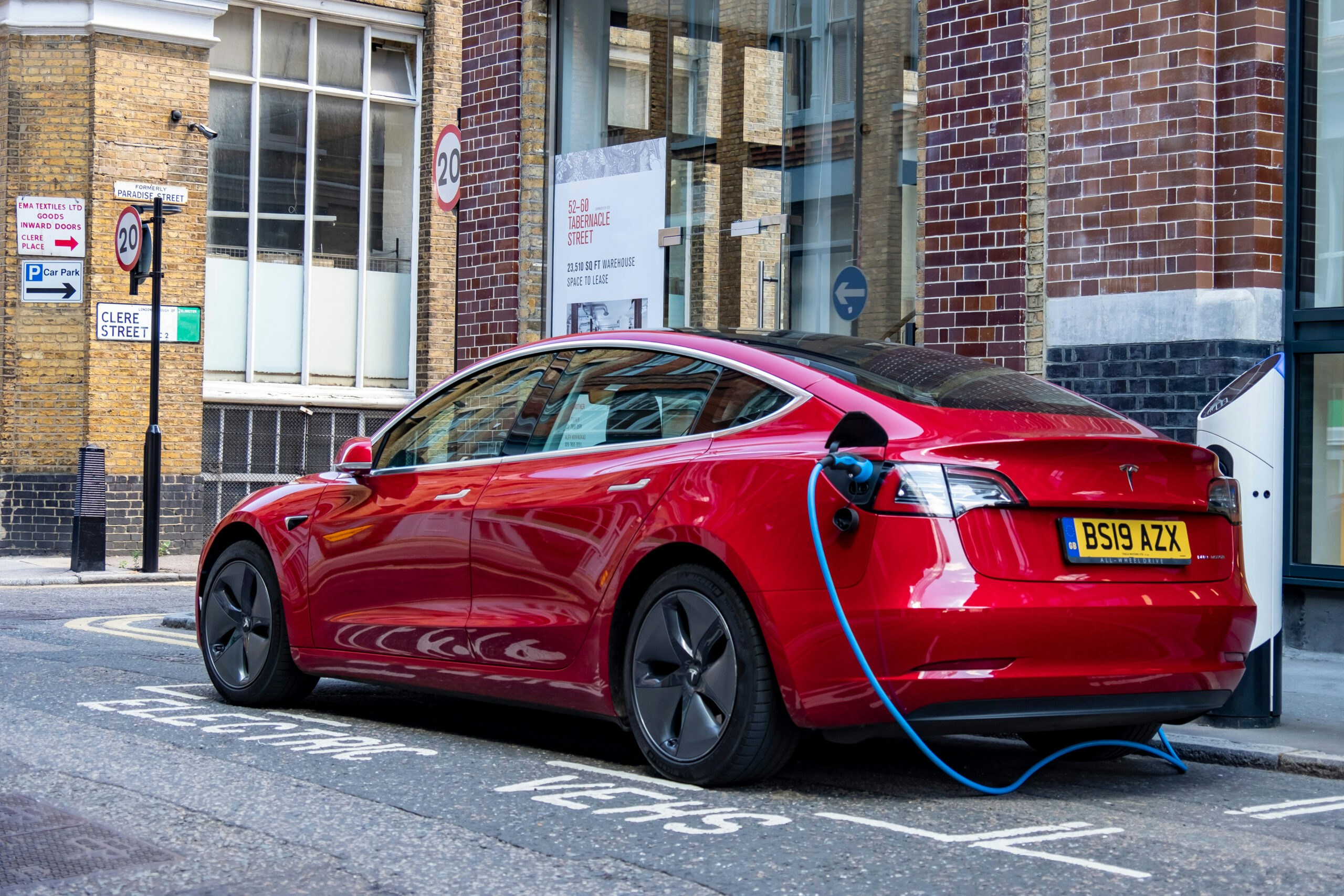Are electric cars heavier than petrol cars?

A car’s weight can impact the way it drives. Heavier cars have a lower centre of gravity which means they give a more ‘stable’, solid feel, whereas lighter, sportier models feel like you can ping your way around the roads. A car’s weight will also affect its efficiency. A more dense, heavier car is going to be thirstier for fuel (or electricity!).
Electric cars, thanks to their large batteries, tend to be heavier than petrol cars even at comparable sizes. While advancements in battery technology are helping to reduce this weight difference, the scales still skew towards electric cars packing a few extra kilos.
- Why do electric cars tend to be heavier?
- Comparative analysis: Electric cars vs petrol cars
- The evolution of electric car weights
- FAQs

Why do electric cars tend to be heavier?

The role of batteries in contributing to EV weight.
⚡ Batteries are the main reason EVs are so much heavier than ICE cars.
🔋 The bigger the battery, the more energy it can store for driving.
🚗 However, bigger batteries are heaver, requiring more energy to achieve range.
Advancements in battery technology mean that the weight of EVs is gradually coming down. Not only does this look better on the scales, but it will improve overall vehicle performance and the range EVs can travel. A lighter car will use less energy and can therefore travel further!
Materials used in EV construction
Because EV batteries are so heavy, the rest of the materials used for the main car construction tend to be super lightweight.
Advanced composites and reinforced plastics are popular in EV design as they enhance safety features and durability without compromising structural integrity.
All EVs have to meet stringent safety standards and provide long-lasting performance – especially when it comes to their batteries!
How different are EVs from standard petrol and diesel cars?

- EVs now come in all shapes and sizes, although the ‘standard’ models are generally quite compact for driving in more urban areas
- These cars can weigh several hundred kilos more than a petrol car
- This weight difference is mostly down to their large batteries
- In comparison, fuel tanks in petrol cars are extremely light
Vehicle weight has a direct impact on both performance and efficiency.
- If your vehicle is heavier, it will typically have slower acceleration and reduced efficiency. This goes for both EVs and ICE vehicles
- In an EV, the heavier the battery, the more energy is needed to power the car. This can impact its range
- EVs have a lower centre of gravity due to battery placement which enhances handling and stability
In some cases, electric vehicles may weigh less than popular SUVs.
- High-end SUVs often have larger engines, more robust frames, and additional luxe features, all of which increase their weight
- EVs designed with lightweight materials and optimised battery sizes can be lighter
- Compact EV models are designed to maximise efficiency and range without the excessive weight found in many larger, luxury SUVs
EVs and their fluctuating weight over time

While EVs have many benefits, their weight has always been a bit of a barrier to both performance and range. The early EVs were significantly heavier due to less efficient batteries and conventional materials.
Recent models now use high-energy-density batteries and materials like aluminium and carbon fibre composites. This has helped to lower vehicle weights while maintaining or improving range and performance, making modern EVs more competitive with traditional petrol cars.
If this trend continues into the future as we approach the electric switchover, we’ll notice EV handling becoming a bit niftier, and range improving all the time.
FAQs
Are electric cars too heavy for car parks?
Electric cars are not too heavy for car parks. Modern car parks are designed to accommodate the weight of a wide variety of vehicles, including vans, heavier SUVs, and trucks. While electric cars are a little heavier than ICE cars of a similar size, the additional weight does not pose significant structural issues.
Do tyres wear quicker on electric cars?
Yes, tyres can wear quicker on electric cars due to their higher weight and instant torque, which increases strain on the tyres. Regular maintenance and choosing tyres specifically designed for EVs can help mitigate this issue and ensure longer tyre life.
Do electric cars cause potholes?
Electric cars do not cause potholes. Potholes result from general road wear, weather conditions, and traffic volume. While heavier vehicles can contribute to road wear, the impact of electric cars on pothole formation is no different from that of traditional petrol or diesel cars.

Is it time to sell your car?
Want to learn more about owning, maintaining, and selling your car? Check out more of our guides here, covering everything from finding buyers, to negotiating a good price, and completing payment safely.
- Sell my car
- Track your car value
- Electric cars – the ultimate guide
- How to sell an electric car
- How long does it take to charge an electric car?
- How & where to charge your electric car at home and on the road
- Electric car depreciation – comprehensive guide
- Do electric cars pay the congestion charge?
- Do electric cars lose charge when parked?
- Which electric cars have the longest range?
- Benefits of electric cars
The information provided on this page is for general informational purposes only and should not be considered as professional advice.